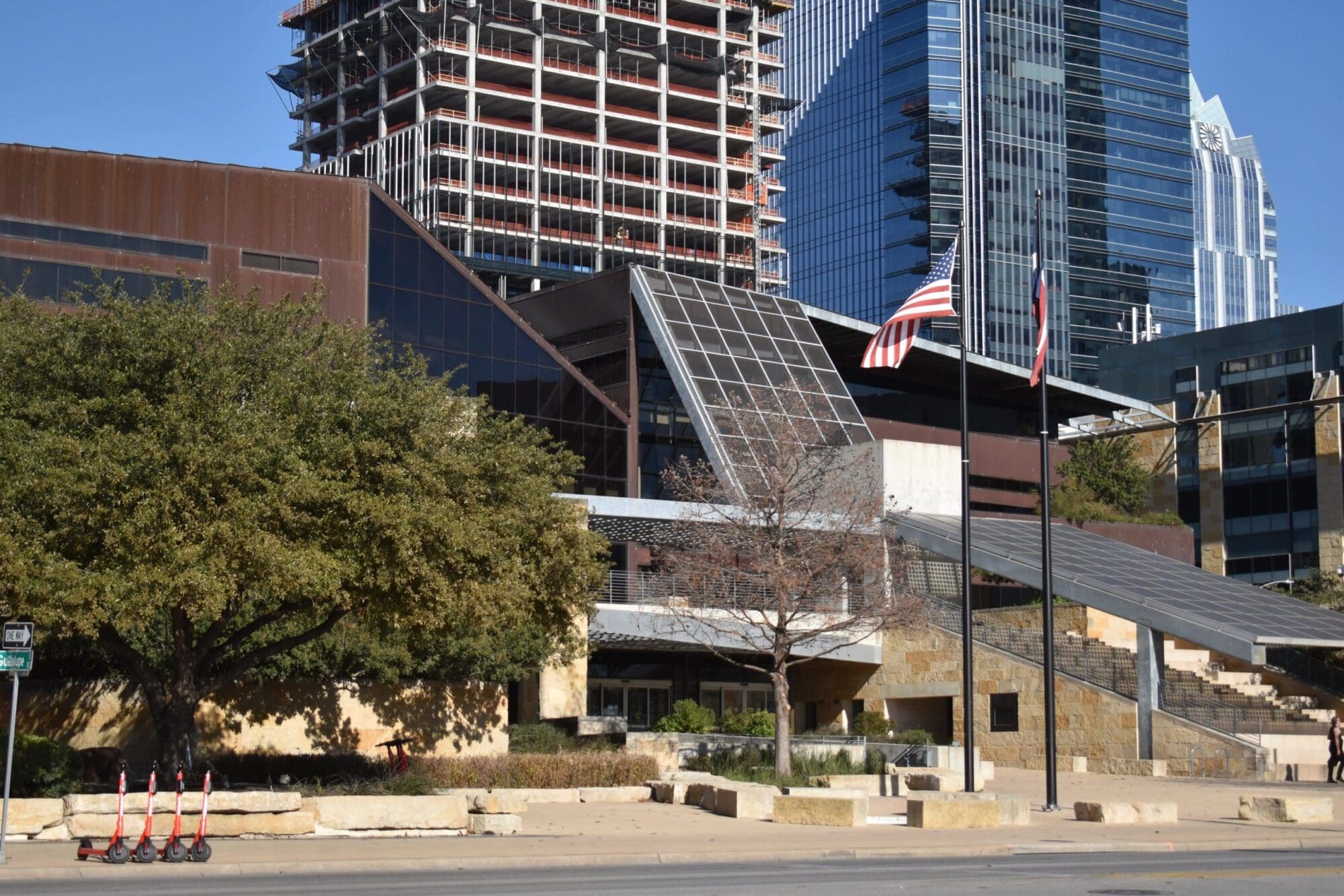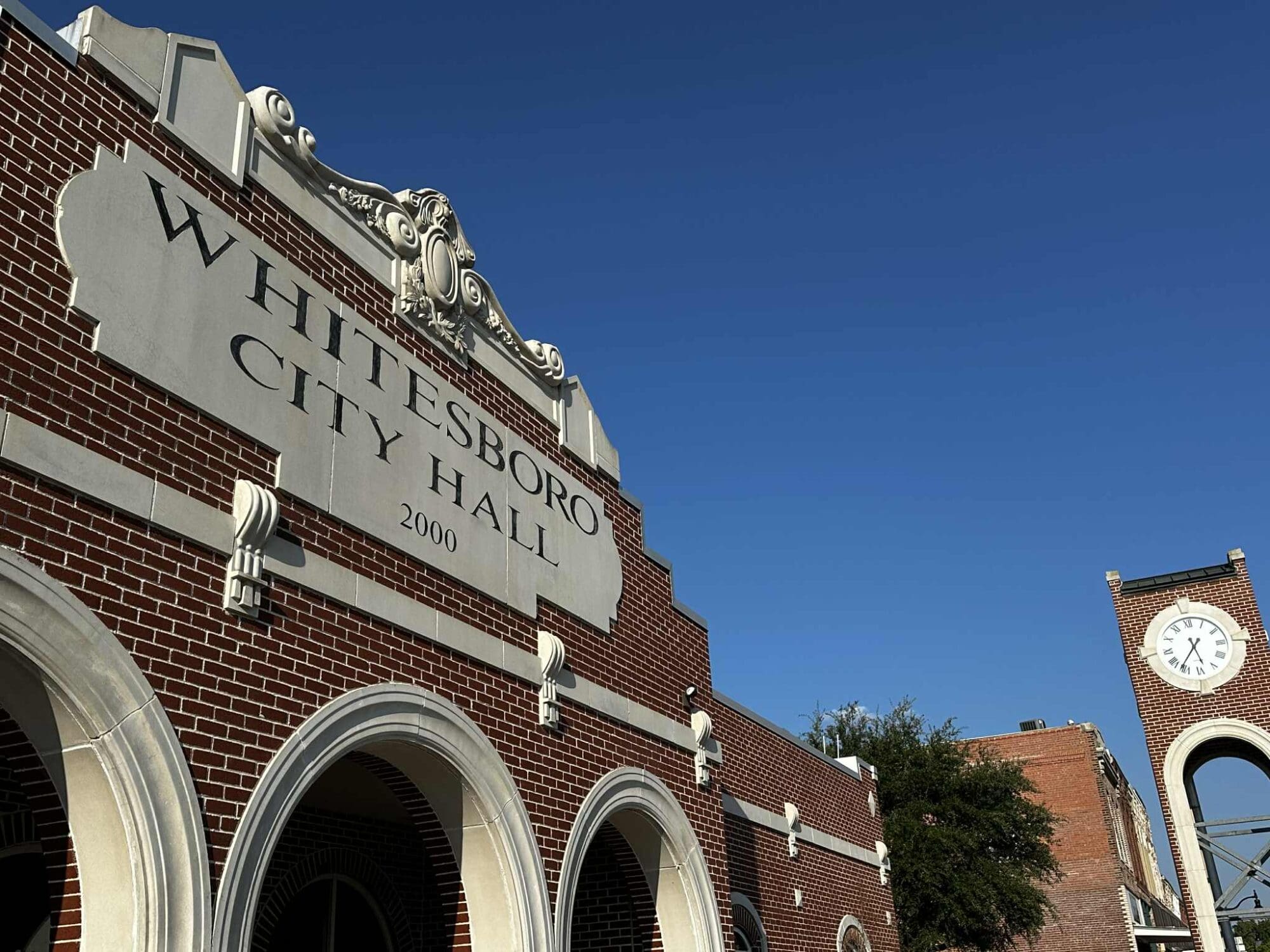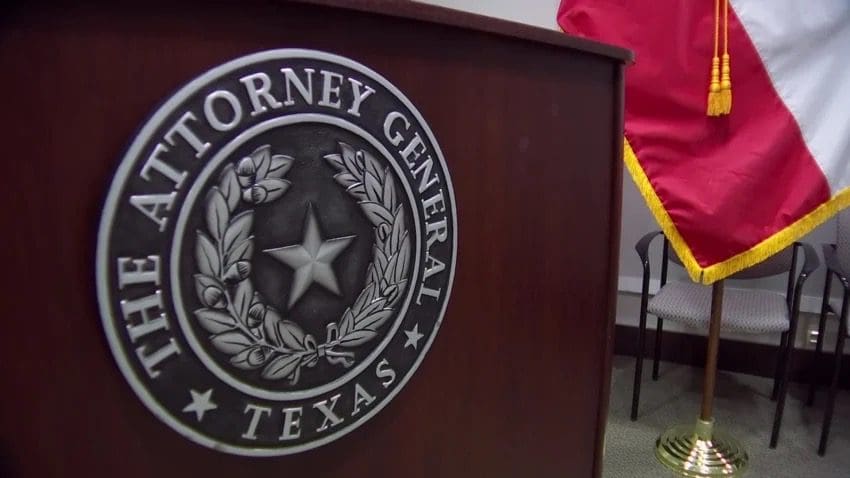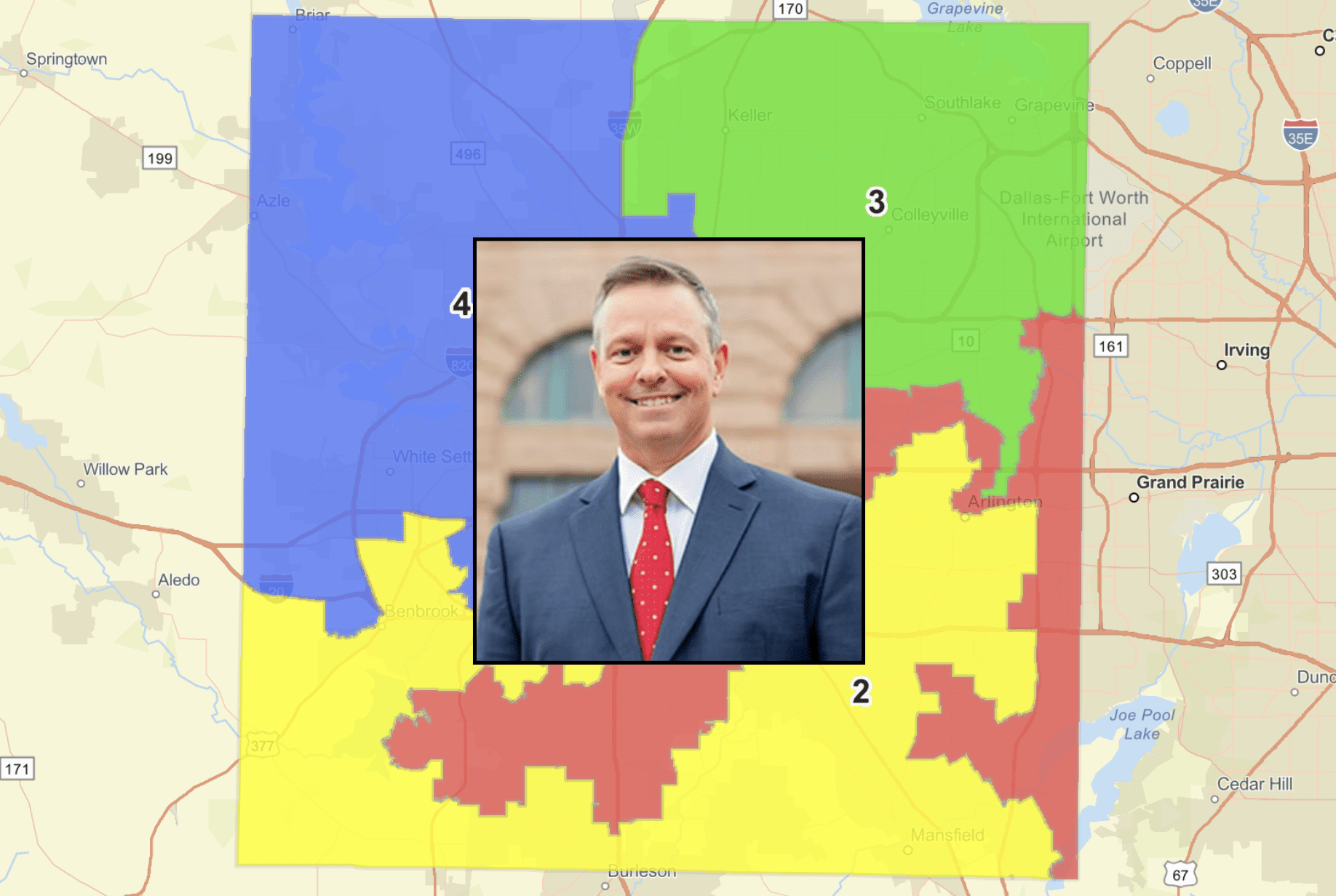Dallas HERO’s Executive Director Pete Marocco called on the Senate State Affairs Committee to “take bold, decisive steps” to prevent city governments from undermining citizens.
Dallas HERO, a non-profit focused on public safety and government transparency, organized a citizen-led campaign to advance propositions that would increase government accountability. HERO’s three amendments would increase pay for law enforcement, allow residents to sue city officials, and make the city manager’s salary performance-based.
The Dallas City Council then proposed amendments contradictory to HERO’s, such as giving the city council complete authority over the city budget, granting legal immunity to city officials, and controlling the city manager’s salary.
The advocacy group sued the city council in August after they entered the last-minute amendments into the city’s charter amendment election.
In September, the Texas Supreme Court ruled that the citizen-led propositions must appear on the ballot and “duplicative propositions” should not be included, ultimately directing the city council to remove them.
Now Marocco is asking state lawmakers to take action to prevent city governments from doing exactly what the Dallas City Council did to them.
“In Dallas, City Council members attempted to undermine the will of 170,000 voters who signed a petition without a single word of advocacy,” Marocco testified.
Marocco continued explaining the lawsuit, saying, “As the Supreme Court found, these were unlawful attempts, deliberately and intentionally to mislead and confuse voters. This is no small thing to be overlooked. This is a disturbing pattern across Texas with a clear need for reform.”
Monty Bennett, the chairman and CEO of Ashford Inc. and the publisher of The Dallas Express also testified about the significant barriers citizens face when attempting to change city charter amendments.
“The process is costly, time-consuming and prone to manipulation by local city officials,” said Bennett. “Even when amendments reach the ballot, the language is frequently altered to mislead voters, as seen in the Dallas case. Last-minute proposed charter amendments from the Dallas City Council members were introduced without public input, violating the open meetings act.”
Following the hearing, Marocco told The Dallas Express “the state legislature needs to take four key steps” in holding local governments accountable.
“The state legislature needs to attack disclosure exceptions, particularly the litigation exception that allows public officials to hide their misconduct from public information requests,” Marocco explained.
“Much harsher, quicker sentences, penalties, and fines must be imposed. People need to see city council members in jail, even if it’s for two weeks. Citizens need to trust their government [to] hold leaders to consequences for violating the Open Meetings Act or abusing public resources for their personal interest, political gain, or retaliation,” he added.
Marocco said that the “process for investigating violations needs to be swift” and that there needs to be “accessible mechanisms for average citizens” to resolve transparency violations quickly.
The three Dallas HERO amendments include increased pay for law enforcement, allowing residents to sue city officials, and making the city manager’s salary performance-based. All are on the November ballot.
Early voting begins October 21 and concludes on November 1. Election Day is November 5.
No ads. No paywalls. No government grants. No corporate masters.
Just real news for real Texans.
Support Texas Scorecard to keep it that way!





